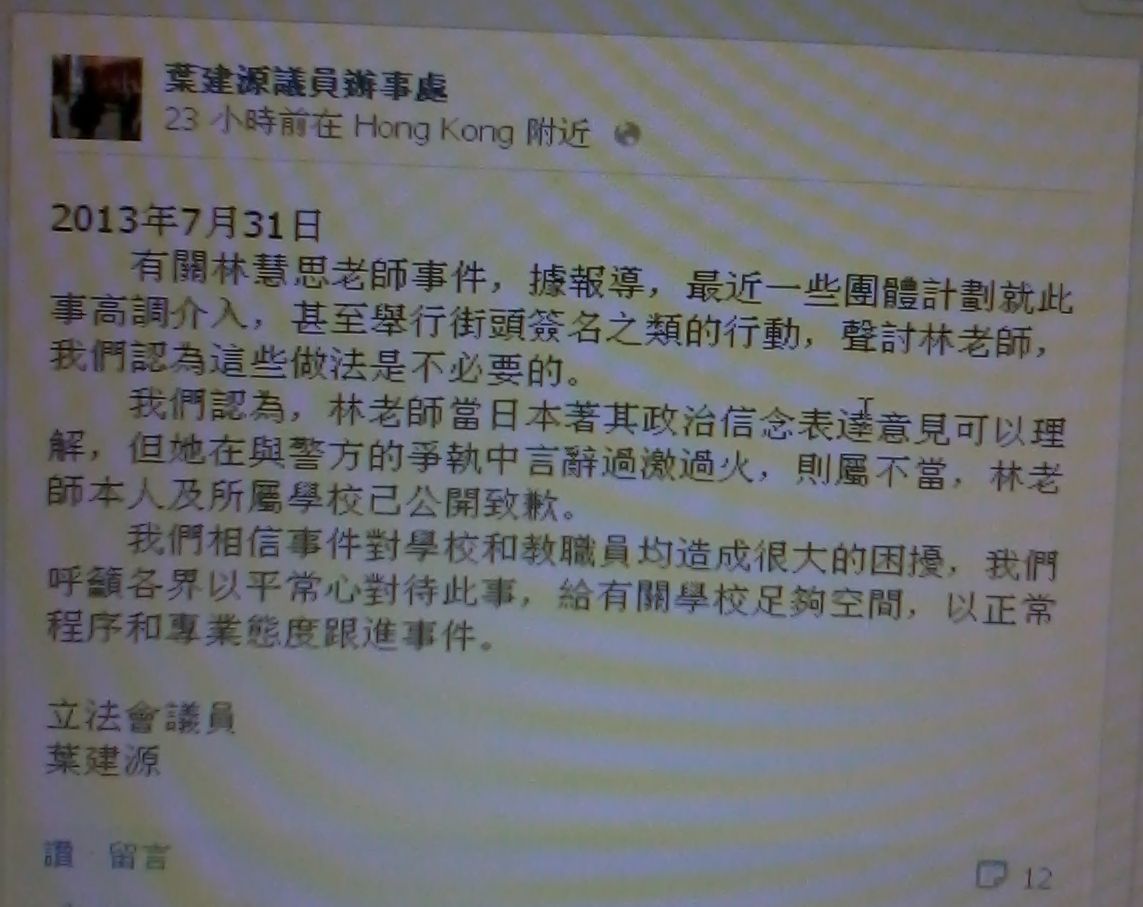"Main supports for Christian ecological ethics and action:
1. Christian understandings of God as Creator, Spirit,
and Redeemer imply that the whole creation and all creatures are valued and loved by God… All life forms have intrinsic value,
and are to be treated with appropriate care and concern
2. The Christian faith dedivinizes but also sacralizes
nature… But all creatures and things are to be treated as sacred subjects and
objects, used reverently and respectfully.
3. The Christian faith is an affirmation of ecological
relationality… Humans are interrelated parts and products of nature. Moral
responsibilities for the necessary use of the biophysical world are shaped
and limited by these relationships.
4. … we also have moral responsibilities to use these
resources frugally, fairly, and prudently in respect for our coevolving kin.
5. The biophysical world has an interim goodness in
experience and an ultimate goodness in hope.
6. The Christian faith counsels human humility
in the light of ultimate mystery, natural limitations, and biological
connections.
7. Human dominion … a judgment on such exploitation. …
dominion is responsible representation, reflecting the divine love.
8. All forms of ecological negligence or undue harm –are
expressions of sin.
9. Christian can perceive God as exercising ecological
judgment against ecological sins to call the human community to ecological
repentance.
10. Ecological responsibility is an inherent part of the
ministry of the church …. The church, therefore, should be a model of
ecological ministries to the world.
11. The Christian faith provides solid supports for all
the ecological virtues –sustainability, adaptability, relationality,
frugality, equity, solidarity, biodiversity, humility, and sufficiency." (137-138)
Political
Directions:
"There can be no
ecological integrity apart from social peace and justice!
There can be no social justice without ecological justice!
There can be no peace among nations in the absence of peace with nature!" (218)
There can be no social justice without ecological justice!
There can be no peace among nations in the absence of peace with nature!" (218)
"(S)ince economic
deprivation is a major cause and effect of ecological degradation, ecological
problems cannot be resolved unless economic maldistribution is remedied.
Otherwise, the people of poor nations are forced to exploit their natural
resources beyond the limits of sustainability. Economic equity among nations is
as much an issue of ecological ethics as social ethics. Equally, population
control is a matter of both social and ecological justice. Environmentalists,
therefore, should also be spirited advocates of economic justice.
Political peace
also contributes to ecological integrity, just as war has the opposite effect.
War and the preparations for war pose serious threats to ecological health,
largely because of the massive consumption of resources and energy, the
production of toxic and radioactive wastes, and the destruction of ecosystems
through the testing and use of weaponry." (219)
"In the final analysis,
the integrations of peace, justice, and ecological concerns is simply an effort
to match ethically and politically the integration that already exists
ecologically and socially." (221)
"The best we can
do is hustle and hope. We can strive to realize whatever semblances of
ecological integrity are maximally possible now. We can also struggle in the
confidence that with each step forward, God the Politician and the Lover of
life is ever creating new possibilities to realize the integrity of God’s—and our—beloved
habitat." (221)


